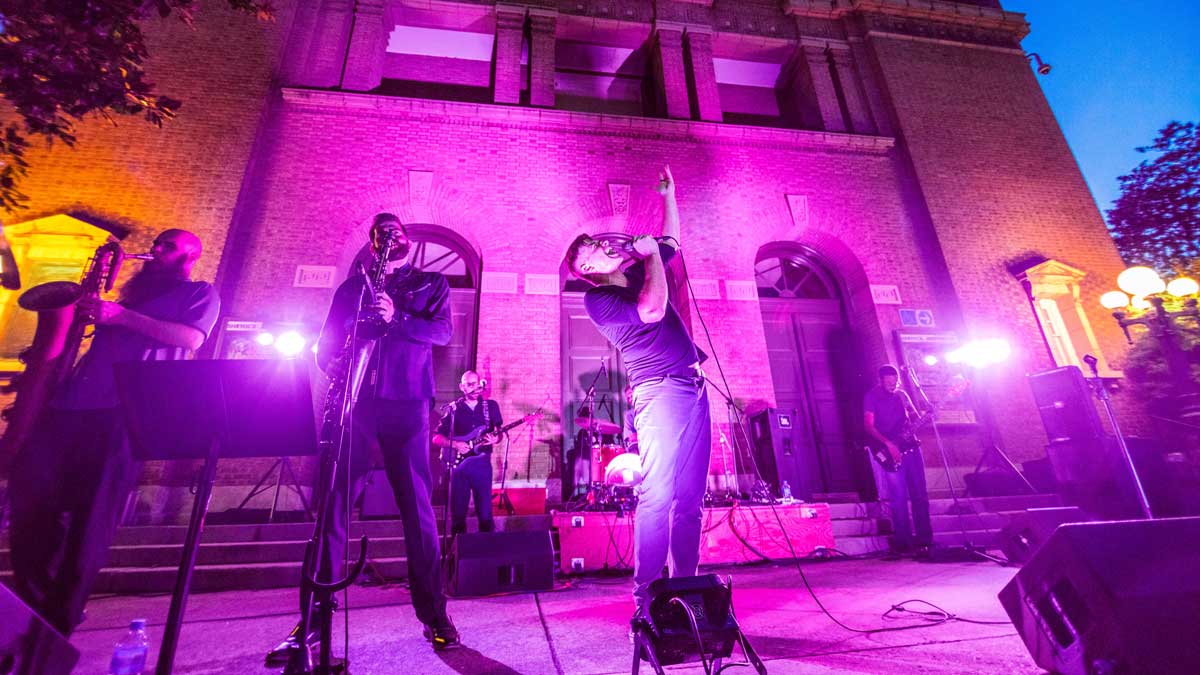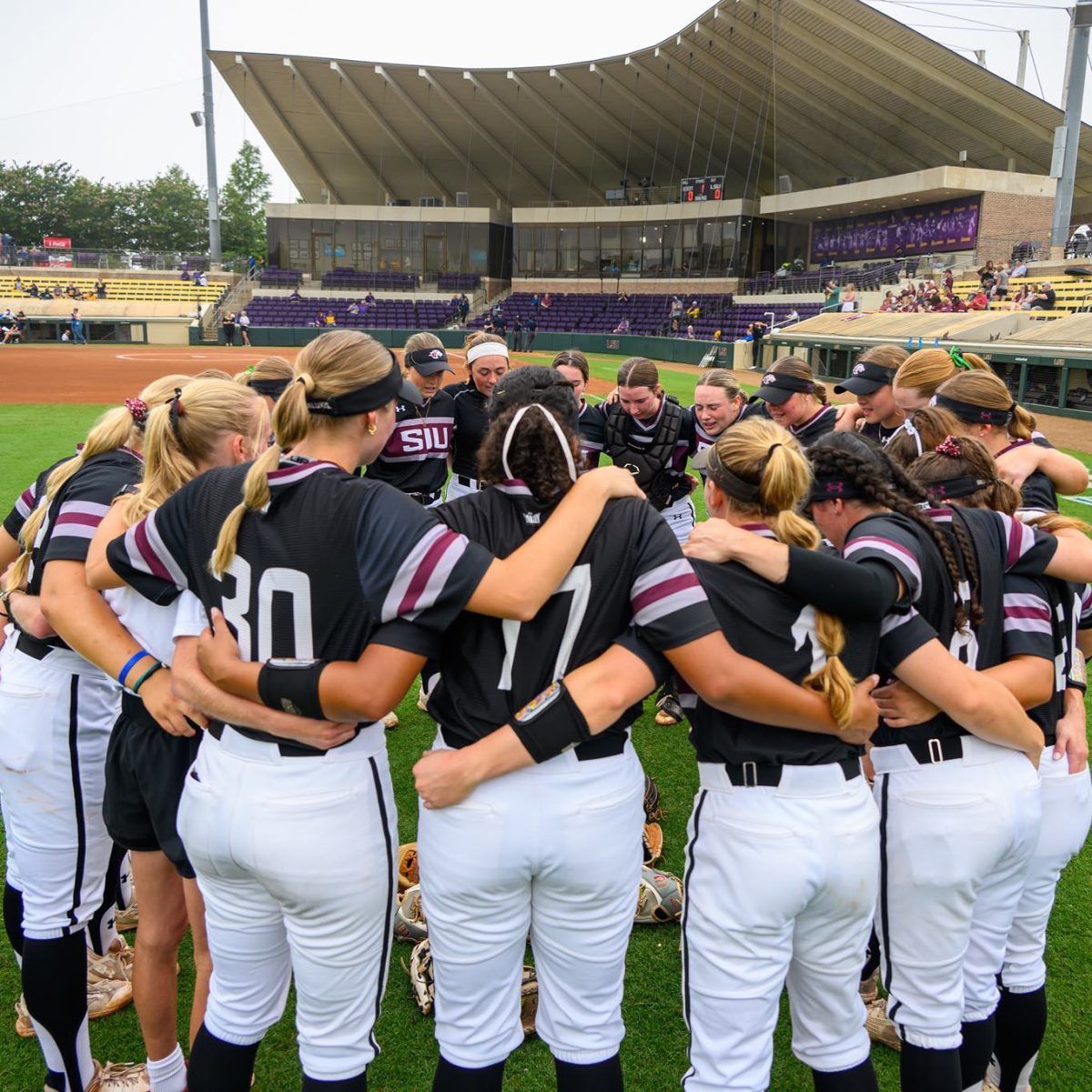Email acceptance sparks mixed emotions
April 23, 2013
Every year, students nationwide send applications to prospective colleges and endure the weeks-long wait for the day they see an acceptance letter in the mailbox.
Jarrett Belden, a senior from Carterville studying history education, said he was thrilled and couldn’t believe he was returning to school after spending years in the workforce. He said receiving the physical letter in the mail was much better than receiving an email.
“I was shocked and excited, I guess,” he said. “I’m a nontraditional student, so going to a university was a big deal.”
Advertisement
However, that eager moment when a student grabs the letter and debates whether to actually open it happens less and less, partly because of technology. According to a USA Today College article, more colleges are notifying students of their acceptance by email rather than a physical letter. The transition grew from 11 percent to 37 percent in a little more than a decade, according to the article.
While some staff and students said switching to electronic mailing techniques might not hold the same sentimental value, others think the transition is positive and shows how fast technology evolves.
Undergraduate admissions director Katharine Johnson Suski said it is nice to receive the acceptance letter in the mail. Having a tangible letter to hold and show off is more meaningful than a simple email, she said. Admissions continues to send letters to make students feel valuable to the university, she said.
“It’s validation,” she said. “All the years of work and all the applications I took time to submit, somebody’s recognizing what I achieved.”
Suski said she would not recommend the university move to an email-only acceptance system because the physical letter is a crucial part of the application process.
However, Rachel Whaley, associate professor of sociology, said sending acceptance letters primarily through email can be beneficial.
“It seems like a good idea because students are online often, and we can deliver the good news faster,” she said.
Advertisement*
Paul Etcheverry, assistant professor of psychology, said students are far more comfortable with email, and the process does not bother them as much as it would have bothered students 15 to 20 years ago.
A letter seems to make students feel like their acceptance an official guarantee, Etcheverry said. Looking online every day makes the process feel anticlimactic, he said.
While staff members gave positives and negatives for letters and emails, several students agreed convenience is key to the acceptance process.
In terms of efficiency, Belden said sending an email would be a good thing because it will be cheaper and save paper. However, sending the acceptance letter through email seems to take away from that feeling of nostalgia, he said.
Ashley Owca, a junior from Chicago studying psychology, said she thinks the transition would be a good idea because of emails’ accessibility. Emails can go straight to a student’s phone, she said, and they can see that they have been accepted right away rather than wait weeks to find out. By sending an acceptance letter through email, it shows that a college is on the same level as their students, and is more age appropriate and modernized, she said.
Despite the students’ emotional differences between the two systems, Monika Jalowiecka, a junior from Lake Zurich studying zoology, said it does not matter to her how the news is transmitted.
“You get it in an email, you get it in a hard copy; it’s still the same thing,” she said.
Advertisement






